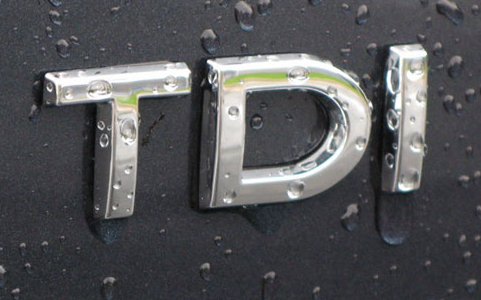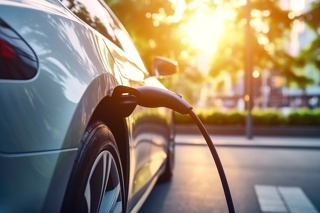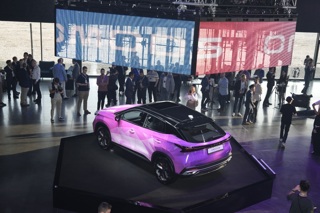Car manufacturers are warning that some diesel models could become “unaffordable” if they are not given enough time to meet new requirements on emissions testing.
The European Automobile Manufacturers’ Association (ACEA) has called for a “reasonable” timeline to apply real driving emissions (RDE) measures.
The request comes after a meeting of the European Commission’s regulatory committee, which has proposed some of the essential elements needed for legislation on real driving emissions (RDE).
The manufacturer body said it agrees with the need for emissions to more closely reflect real-world conditions, but stressed the need for a timeline and testing conditions that take into account the technical and economic realities of today's markets, allowing for reasonable transition time to apply RDE to all new vehicles.
“We are fully aligned with the need to better measure the emissions of nitrogen oxides (NOx) from diesel cars and vans under normal driving conditions,” said Erik Jonnaert, ACEA secretary general.
“However, it is important to proceed in a way which allows manufacturers to plan and implement the necessary changes, without jeopardising the role of diesel as one of the key pillars for fulfilling future CO2 targets.”
ACEA says it supports a robust but realistic RDE package that will address the key environmental issues under a two-step approach, as already agreed by the member states.
It also says it fully understands the need for step one of RDE to commence from September, 2017, for new vehicle types, and has always been committed to this.
However, it claims that without realistic timeframes and conditions, some diesel models could effectively become unaffordable, forcing manufacturers to withdraw them from sale.
This could have repercussions upon consumer choice as well as employment in the wider automotive sector, it warned, with not only passenger cars but also lighter commercial vehicles, where diesel is presently the technology of choice for operators, being affected.
“Our industry is committed to contributing constructively to the efforts of the commission and member states to upgrade emissions testing,” said Jonnaert.
“Clarity and predictability will enable manufacturers to continue investing in technologies that meet even higher standards and contribute to the fight against climate change.”





















Login to comment
Comments
No comments have been made yet.